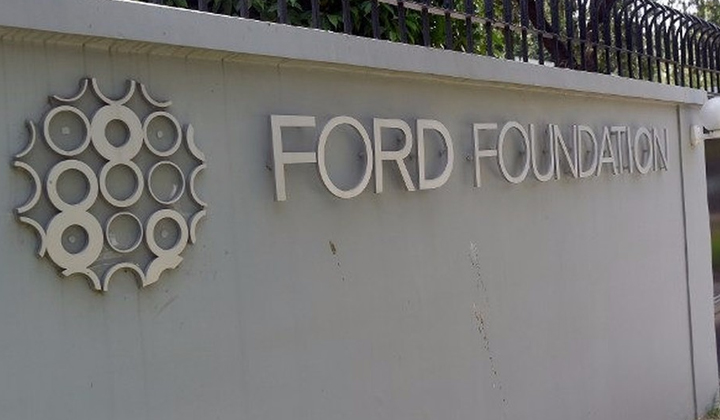Trending Now
- 830 voters names go missing in Kavundampalayam constituency
- If BJP comes to power we shall consider bringing back electoral bonds: Nirmala Sitaraman
- Monitoring at check posts between Kerala and TN intensified as bird flu gets virulent in Kerala
Columns
India’s curbs on foreign funds do not conform to international law, says UN representative
![]() April 28, 2016
April 28, 2016
The government had revoked the licenses of nearly 14,000 NGOs for violations of the Foreign Contribution Regulation Act.
A United Nations Special Rapporteur has said that India’s Foreign Contribution Regulation Act, which regulates foreign funding to certain individuals, associations and companies, does not conform to international law, principles and standards.
Enacted in 2010, the FCRA bars “organisations of a political nature” from accepting foreign contributions, which may further be prohibited when the government “is satisfied that the acceptance of foreign contribution… is likely to accept prejudicially… public interest”.
The law has come under scrutiny since the Modi government came to power in 2014, with a crackdown on Non-Governmental Organisations resulting in nearly 14,000 of them having their licenses to receive foreign funding revoked. Prominent among these NGOs include Greenpeace India and Ford Foundation.
Maina Kiai, the UN Special Rapporteur on the rights to freedom of peaceful assembly and of association, published a legal analysis on the legislation which was submitted to the Union government on April 20.
According to the Special Rapporteur, India’s limitations on access to foreign funding do not meet “the stringent test for allowable restrictions” under international law. He said that FCRA fails all three prongs of the test, which requires that the restrictions be prescribed by law, imposed solely to protect national security or public safety, public order, public health or morals, or the rights and freedoms of others, apart from being “necessary in a democratic society”.
The FCRA, Kiai further argues, does not provide the required precision for clarity and notice. While the Act lists examples of groups that could be defined as having a “political nature”, it does not provide further definitions or examples for the terms “political objectives,” “political activities,” or “political interests.”
“This appears to give the government broad discretionary powers that could be applied in an arbitrary and capricious manner,” the Special Rapporteur said.
The Special Rapporteur also noted that a total ban on access to foreign funding for organisations found to be of a “political nature” or acting against economic or national interest is likely to disproportionately impact certain groups, including those engaged in critical human rights work.
Image credit: Prakash Singh/AFP
Disclaimer: The views expressed above are the author’s own






















